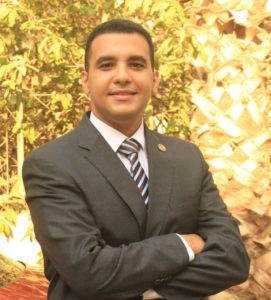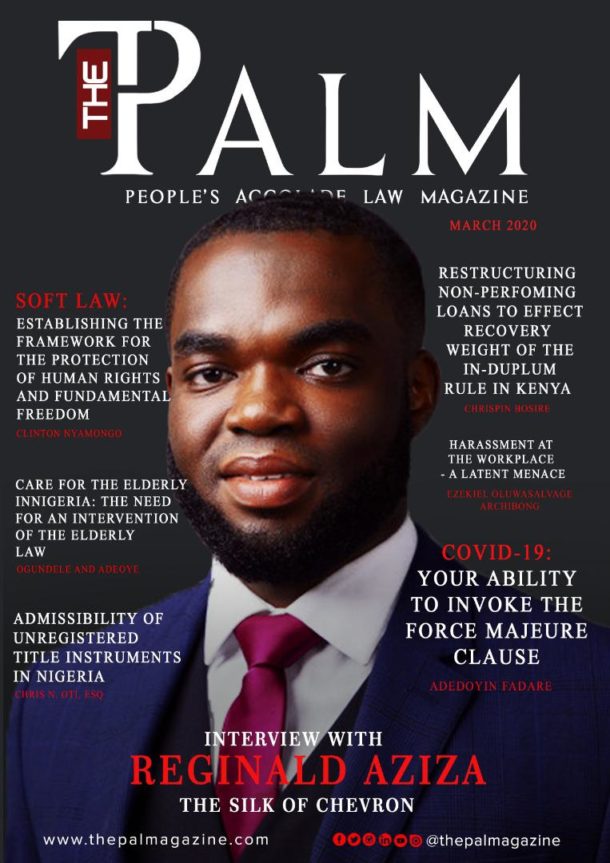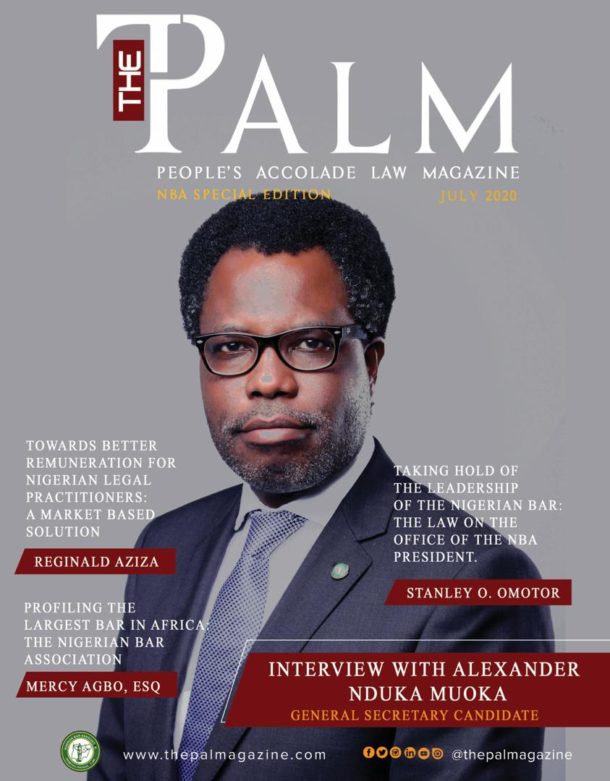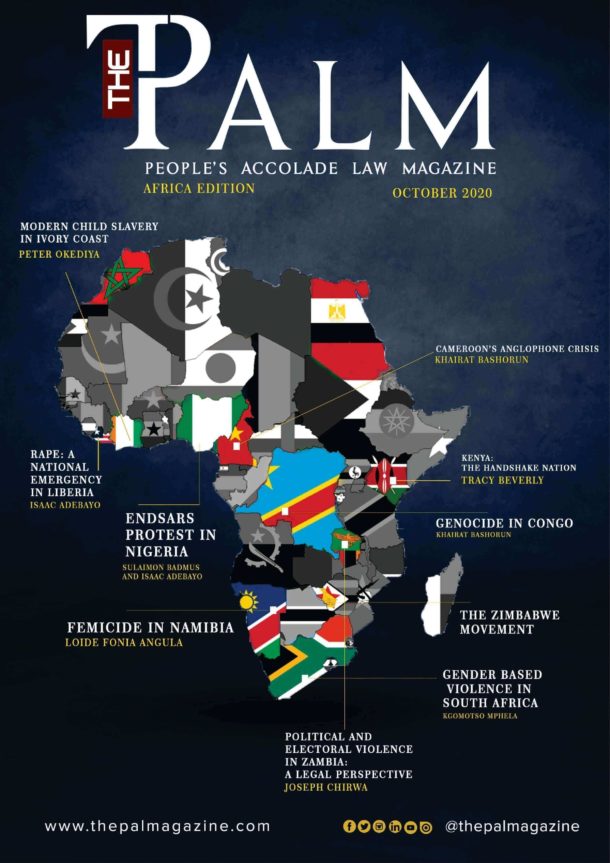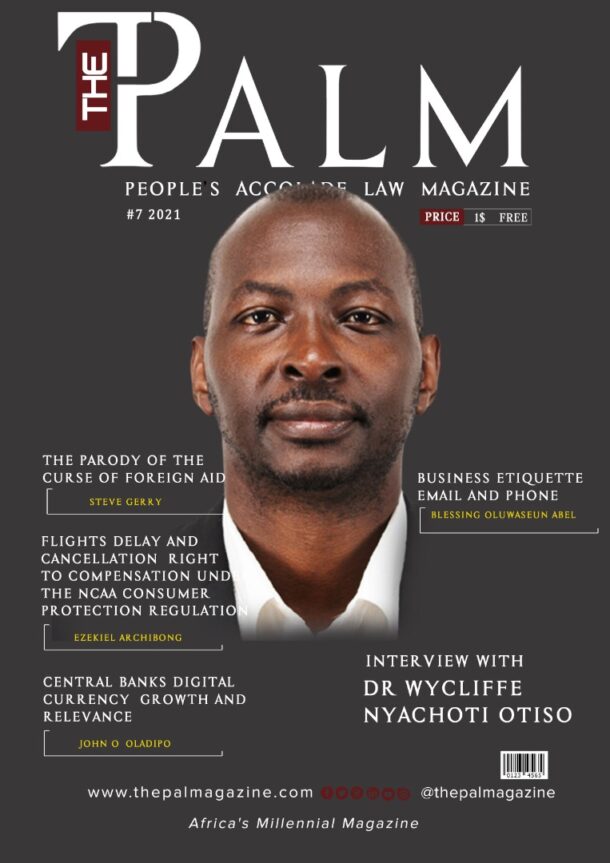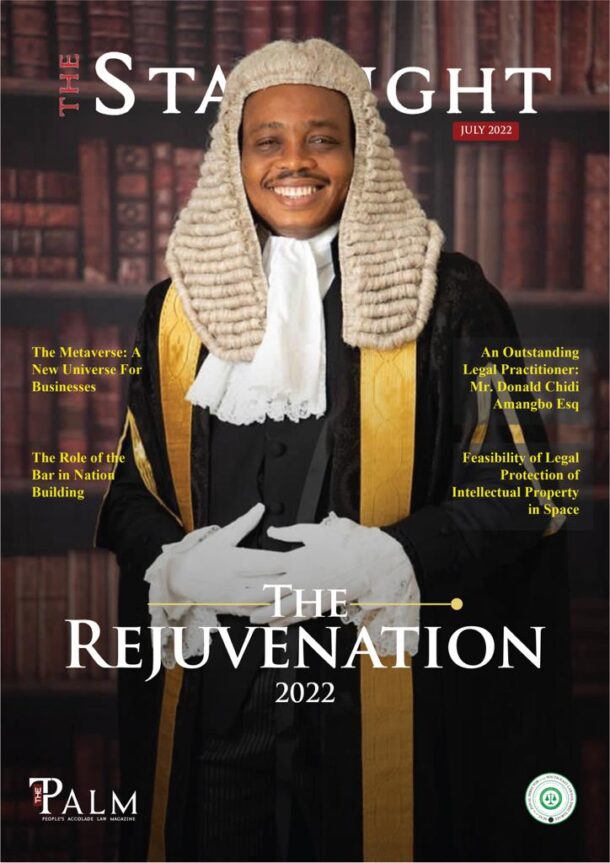In the last century, the entertainment industry evolved in its aspects, be it cinema, television shows, theatre, or radio, and became an industry based on hundreds of billions worldwide.
In light of the development of that industry, the producers did everything in their power to increase the profit, and that was only by improving the product and making it more realistic for the viewer and seeking credibility that satisfies the eyes of viewers. In this regard, in the 20th century, the idea of using new-borns and minors in the film industry and other fields of entertainment occurred, therefore the reliance on fake baby dolls became partially dependent.
Without a doubt, that idea has become a great success all over the world and won the public’s sympathy, hence profits increased.
Furthermore, entertainment industries using young actors has led to gaining a new fan base of children and young people, but that situation makes us ask several important questions:
We will start with the reasons for children labour in the entertainment fields.
Unfortunately, child labour is a monstrous phenomenon that hits societies.
The exploitation of children in cinema, television and fashion shows is as much as child labour in other fields for as long as it is paid and for a certain agreed period. Some parents dream of fame and success may lead them to put their children on a dangerous path, because of the nature of that work. Children at this early age are facing a lot of risks includes the risk of drugs, alcohol and sex. At the same time, children must deal with the sense of rejection, jealousy, psychological security and non-cessation of attempts to achieve perfection, as well as the plundering of childhood from those angels, who were exposed to countless moral and health risks. Child labour poses a serious risk to the health and morals of young children, but it is considered to be more dangerous to new–born babies, whose employment may result in a physical and health harm, either by exposing the skin of the new–born child to inflammatory substances to induce him or her to cry or by drowning a body with grease fluid found on the infant’s body at the moment of birth, which may pose a risk to his or her lung, skin, eye and other medical hazards or by exposing his eyes to bright lights that may affect his eyesight or cause him to lose his sight.
On the one hand, in the countries that had stipulated specific rules governing the labour of minors and new–born children in the entertainment industry, terrible crimes rejected by humanity happened, such as the sexual exploitation of children and other abuses. On the other hand, in the countries that had not yet established specific rules in that regard, those abuses were likely to be more egregious than the above-mentioned States and those reported abroad, such as the sexual abuse of the actress Alison Arngrim as a child, the sexual abuse with rape on the actor Corey Feldman as a child and the alleged attempt of harassment of the producer deb longua-zamero daughter and others.
Most of the countries in the world are aware of this problem, and issued laws regulating the employment of new–born babies in the film and television industries, and regulated the number of working hours for children of a certain age. In the United States of America, the laws are varied, for instance, the state of California is more stringent than the rest of the states, limiting the right to work in cinema to infants born of normal birth and preventing premature birth (premature children), to avoid health risks resulting from working in the cinema.
The California Labour Code stipulates that the conditions for obtaining a work permit for these infants:
1- shall not be less than 15 days old.
2- The child shall receive a certificate from a competent doctor that his or her eyes, lungs and heart are healthy and that the immune system shall bear the pressure and risk of working in cinema.
3- (Cogan account) one of the parents must create Cogan’s account for his or her child and the producer is obliged to put 15% of the infant’s payment in the child’s account before the work permit is issued so that when the child turns 18, he or she can dispose of that money.
Perhaps the wisdom behind this is the incident of the child named Cogan, the hero of the films of the great actor Charley Chaplen, who found himself without a penny when he was 18 years old after his parents seized all the money he made during his career and spent it all before he was 18 years old, so Cogan account is a credit account. Its purpose is to guarantee the rights of the child.
The duration of the work of the infant per day should not exceed four hours, but not longer than 20 minutes per day, in addition to the fact that the father or guardian must be present at the location of the filming and a nurse, must be present also with the infant and many production companies provide the father or the nurse a bed to sleep at the location of the filming.
But according to their cinematic custom, to achieve their purpose by filming the baby for more than 20 minutes without violating the law, by choosing twins or triplets to play the role, they are similar in shape, size and hair colour, which allows the filmmakers to replace the child with the other when the 20 minutes allocated to one child has expired or he or she entered into sleep.
One of the directors was asked at a press interview about the sex of the child featured in the end scene of the film and he did not remember if he was male or female.
On the other hand, we find in 18 states that their laws are not preventing a premature child from working in the field of entertainment, unlike California, which is considered a gain for filmmakers, because the sizes and shapes of these (premature) infants appear to be younger than their age and will be more useful for the producers.
In the series “North Carolina”, they filmed with babies who were born prematurely and over three weeks old, and yet looked like new–borns.
For example, in the state of New Jersey, the work time for a child is up to 5 hours for 5 days a week, and what’s odd about this state is that there’s no distinction between the work hours of a one-month-old baby and the 15-year-old child.
As for the state of New Orleans, its law provides that the working time of a baby of one month is 6 hours per day, 6 days a week.
We believe in our point of view that the United States of America, despite facing the problem of child labour in the entertainment fields, needs to pass a federal law to unify the provisions on this issue and to coordinate with (SAG) Filmmakers Association – the American Federation of Television and Radio Artists in putting those provisions in a way that provides more protection for children.
Also in Egypt, child labour is considered a violation of the constitution, law and international conventions in force in Egypt, and the Egyptian legislature has tried to provide the right environment for the healthy development of the childbecause at this stage of the child life the psychological, mental and physical construction of the child is more important than work and profit.
In 1989, the United Nations General Assembly adopted the Convention on the Rights of the Child, and most countries of the world ratified it, including Egypt.
The above-mentioned Convention stated in Article 32:
1. States Parties recognize the right of the child to be protected from economic exploitation and from performing any work that is likely to be hazardous or to interfere with the child’s education, or to be harmful to the child’s health or physical, mental, spiritual, moral or social development.
2. States Parties shall take legislative, administrative, social and educational measures to ensure the implementation of the present article. To this end, and having regard to the relevant provisions of other international instruments, States Parties shall in particular:
(a) Provide for a minimum age or minimum ages for admission to employment;
(b) Provide for appropriate regulation of the hours and conditions of employment;
(c) Provide for appropriate penalties or other sanctions to ensure the effective enforcement of the present article.
Accordingly, the Egyptian legislature prohibits the employment of children before a certain age under Article 80 of the current Constitution. ” .. it is prohibited to employ children before they have reached the age of completion of basic education, and it is also prohibited to employ them in jobs that endanger them... “
Then the legislator issued Child Law No. 12 of 1996, amended by Law 126 of 2008, and stipulated in Article 64 that
” .. it is prohibited to employ children before they reach the age of fifteen full years, just as it is prohibited to train them before they reach thirteen years.
A decision by the competent governor may, after approval of the Minister of Education, authorize the employment of children from the age of twelve years old to fourteen years old in seasonal work that does not harm their health or growth and does not prejudice their school attendance.
And according to Article 126 of the implementing regulations of the same Act states:
” An employer who employs one or more children is prohibited from making him work more than six hours a day, including one or more food and rest periods, not less than one hour in total.
Children may not work overtime, on weekly rest days, or official holidays.
Nor may they be working between the hours of seven in the evening and seven in the morning. “
Despite the effectiveness of the above-mentioned articles in facing the phenomenon in question, the proper application of those articles is not taken into consideration, because the law is not effective on the ground, and if it is applied in some cases the application is limited on craftsmanship, excluding cinema, theatre, television, fashion shows and other entertainment businesses.
Then we conclude from our point of view that the legal situation in Egypt needs two things.
Firstly, to succeed in confronting the phenomenon of child labour in general we need to follow up on the application of the law on the ground in a more effective way.
The law is a tool to prevent chaos in society, hence issuing the law and not enforcing it will lead to chaos in society.
Secondly, the legislature did not stipulate specific rules regulating the child labour – minors and infants – in theentertainment fields.
As we have mentioned the health, physical and psychological risks that the child is exposed to in these fields, subsequently, general rules are not sufficient to regulate this contractual relationship.
Therefore, the importance of controlling this issue occurs and we should not leave its determination in the hands of the strong party without protecting the vulnerable party.
Consequently, we need an Egyptian law to regulate the employment of the minors and the infants in the entertainment industries, which includes all detailed provisions for their protection.
Finally, we suggest that we take into consideration the experiences of other countries when establishing the essential legal provisions to confront this problem, either in coordination with the Ministry of Health or by activating the role of supervisory bodies in all the entertainment industries.
Mr Ahmed Ashrf Mshrf is an Attorney at law. Researcher in Intellectual Property Laws. LLM In International Commercial Law
Read the January 2021 Edition of The PALM here
Send your feedback to editor@thepalmagazine.com
Send your news item to news@thepalmagazine.com


